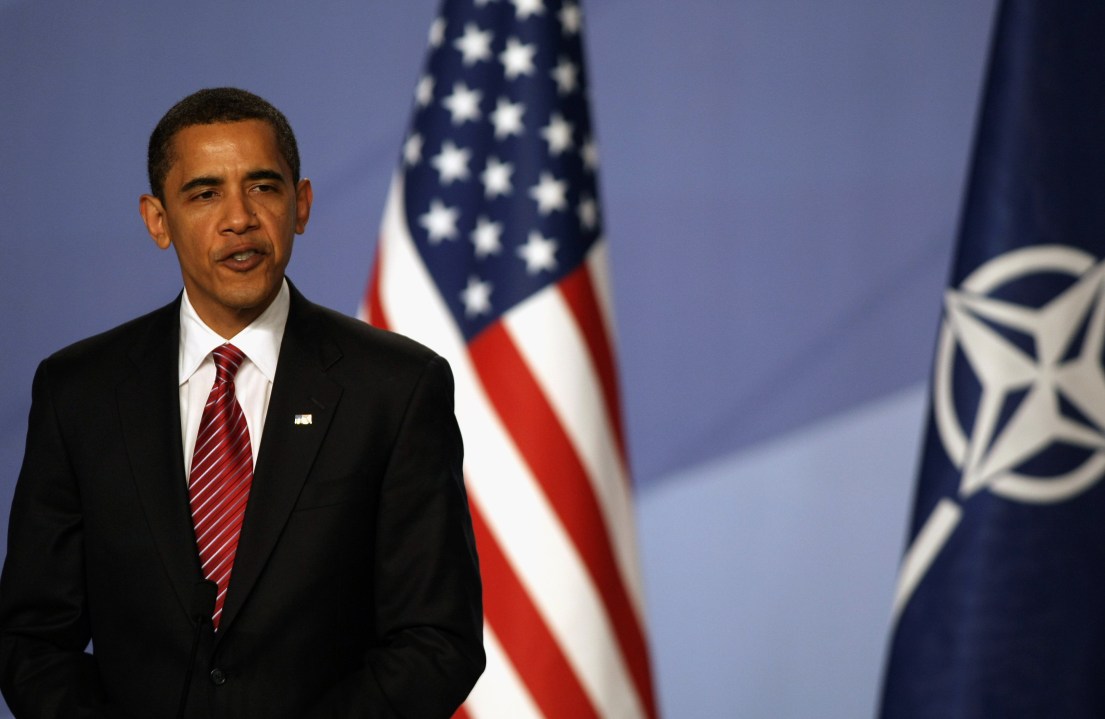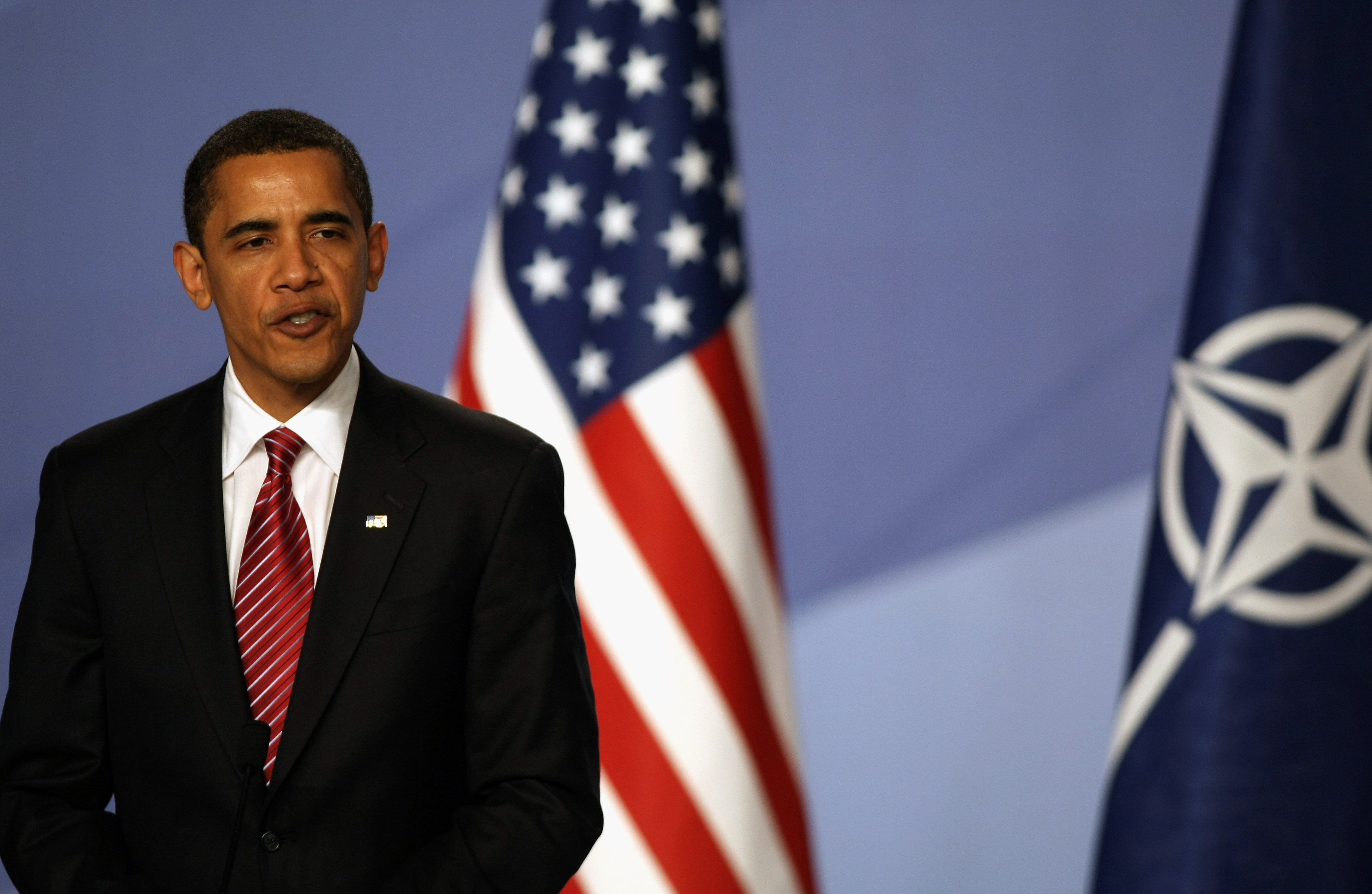 Over on Foreign Policy magazine, Andrew J Bacevich and I are going at each other. Topic: the nature of the transatlantic relationship. In the slipstream of US Defence Secretary Robert Gates’ lament about Europeans’ pacifist leanings, Professor Bacevich wrote a delightfully provocative piece arguing the US should leave NATO:
Over on Foreign Policy magazine, Andrew J Bacevich and I are going at each other. Topic: the nature of the transatlantic relationship. In the slipstream of US Defence Secretary Robert Gates’ lament about Europeans’ pacifist leanings, Professor Bacevich wrote a delightfully provocative piece arguing the US should leave NATO:
“If NATO has a future, it will find that future back where the alliance began: in Europe. NATO’s founding mission of guaranteeing the security of European democracies has lost none of its relevance. Although the Soviet threat has vanished, Russia remains. And Russia, even if no longer a military superpower, does not exactly qualify as a status quo country. The Kremlin nurses grudges and complaints, not least of them stemming from NATO’s own steady expansion eastward.
So let NATO attend to this new (or residual) Russian problem. Present-day Europeans — even Europeans with a pronounced aversion to war — are fully capable of mounting the defenses necessary to deflect a much reduced Eastern threat. So why not have the citizens of France and Germany guarantee the territorial integrity of Poland and Lithuania, instead of fruitlessly demanding that Europeans take on responsibilities on the other side of the world that they can’t and won’t?”
Rushing to the defence of the alliance, I argued that the article missed a fundamental point: that The United States and Europe are the best allies they’ve each got. Yes, they have similar traditions, share values, and have a long history of cooperation behind them. But most importantly, they are on the same side of today’s geopolitical dividing line: Both are declining powers. Only cooperation can stem the decline and judging Europeans only on their commitment to the Afghan mission would be a mistake:
So who is right, me or him?“So to judge allies on whether they are willing to join NATO’s fight against the Taliban is shortsighted. Imagine if the United States had in the past chosen its allies exclusively on whether they were willing to fight alongside the 82nd Airborne. That would have meant abandoning an alliance with Britain in 1966 after then-Prime Minister Harold Wilson refused to send British troops to the Vietnam War”







Comments